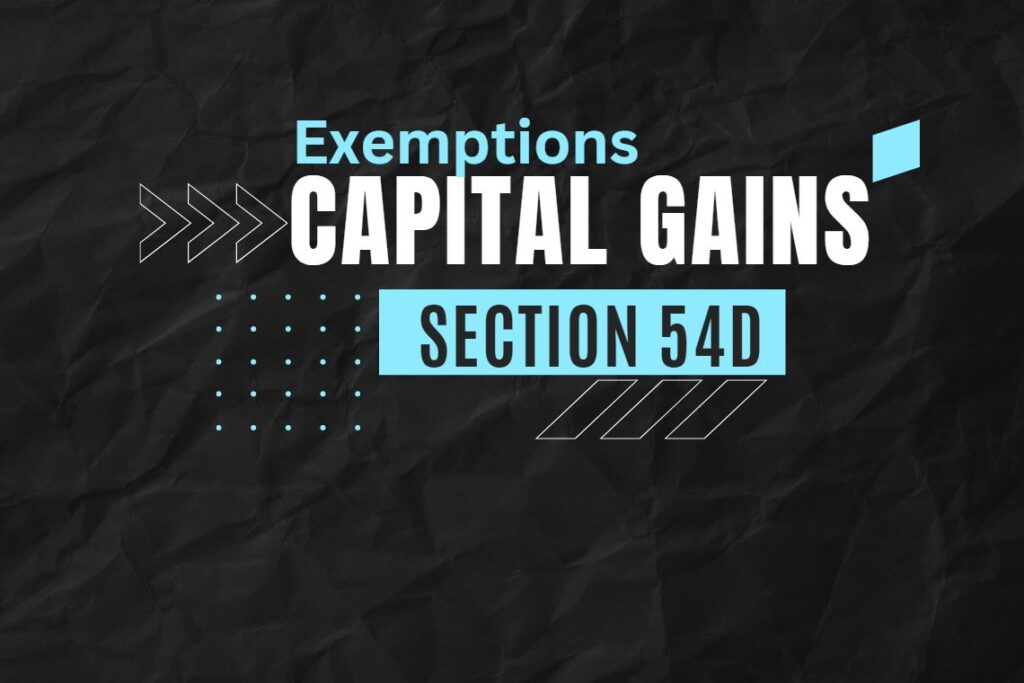(1) When a company goes into liquidation, it is important to understand the implications it can have on the distribution of assets and any potential capital gains that may arise. Section 46 of the tax code specifically addresses this issue and provides guidance on how capital gains should be treated in such situations.
(2) Under Section 46, when a company in liquidation distributes its assets to its shareholders, any gains realized from the distribution may be subject to capital gains tax. This is because the distribution is treated as if the shareholders had sold their shares, and any gain is considered a capital gain.
(3) It is important to note that the capital gains tax rate will depend on the holding period of the shares. If the shares were held for less than a year, the gains will be subject to short-term capital gains tax rates, which are typically higher than long-term rates. On the other hand, if the shares were held for more than a year, the gains will be subject to long-term capital gains tax rates, which are generally more favorable.
(4) However, Section 46 also provides certain exemptions from capital gains tax on the distribution of assets in liquidation. For example, if the distribution is made to the shareholders as part of a plan of reorganization, merger, or consolidation, the gains may be tax-free. Additionally, if the distribution is made to the shareholders in complete liquidation of the company, the gains may also be exempt from capital gains tax.
(5) It is important for shareholders to carefully consider the tax implications before accepting a distribution of assets from a company in liquidation. Consulting with a tax professional can help ensure that the proper steps are taken to minimize any potential tax liabilities.
(6) In conclusion, Section 46 of the tax code governs the treatment of capital gains on the distribution of assets by companies in liquidation. While capital gains tax may be applicable on such distributions, there are certain exemptions available depending on the circumstances. It is crucial for shareholders to seek professional advice to understand the specific tax implications and potential exemptions applicable to their situation.
Section 46 of the Indian Income Tax Act, 1961, deals with the taxation of capital gains arising from the distribution of assets by companies in liquidation. When a company goes into liquidation, its assets are typically sold or distributed to its shareholders.
The tax treatment of capital gains under this section is as follows:
Distribution of Assets:
When a company is in the process of liquidation, it distributes its assets to its shareholders. This distribution can take various forms, including cash payments or distribution of physical assets.
Tax Event:
Under Section 46, the distribution of assets by the company in liquidation is considered a transfer for tax purposes, and any capital gains arising from this distribution are subject to taxation.
Computation of Capital Gains:
The capital gains are calculated as the difference between the fair market value (FMV) of the asset at the time of distribution and its cost to the company. If the FMV is higher than the cost, it results in a capital gain.
Tax Rate:
The capital gains tax rate for assets distributed during liquidation depends on whether the asset is a short-term capital asset or a long-term capital asset. If the asset is held for 24 months or less before distribution, it’s considered a short-term capital asset and taxed at the applicable short-term capital gains rate. If it’s held for more than 24 months, it’s considered a long-term capital asset and taxed at the applicable long-term capital gains rate.
Reporting and Compliance:
Shareholders who receive assets during liquidation are required to report any capital gains arising from the distribution in their income tax return. Proper documentation, such as the calculation of FMV and cost, should be maintained.
Exemptions and Deductions:
Some exemptions and deductions available for capital gains under other sections of the Income Tax Act may also apply in the context of capital gains from the distribution of assets during liquidation. For example, if the capital gains are reinvested in specified assets like residential property or eligible bonds, the taxpayer may be eligible for exemptions.
Advance Tax:
Depending on the amount of capital gains, shareholders may be required to pay advance tax on the gains.

![Computation of Capital Gains [Section 46]](https://incometaxmanagement.in/wp-content/uploads/2023/09/Computation-of-Capital-Gains-Section-46-1024x683.jpg)









